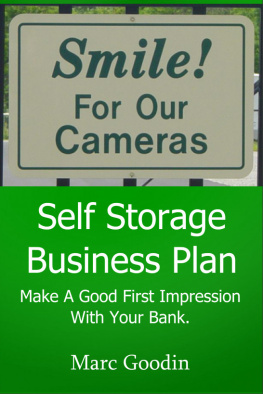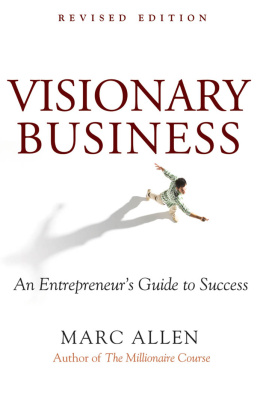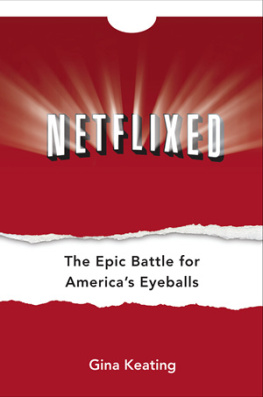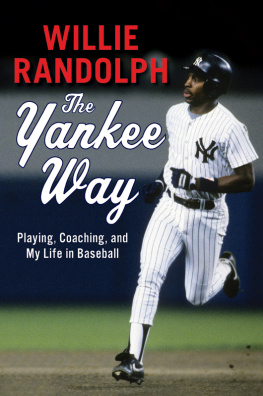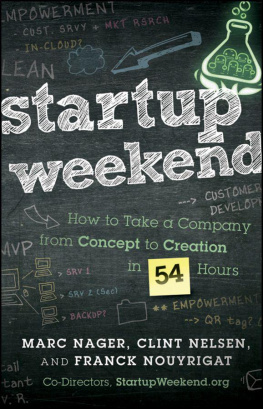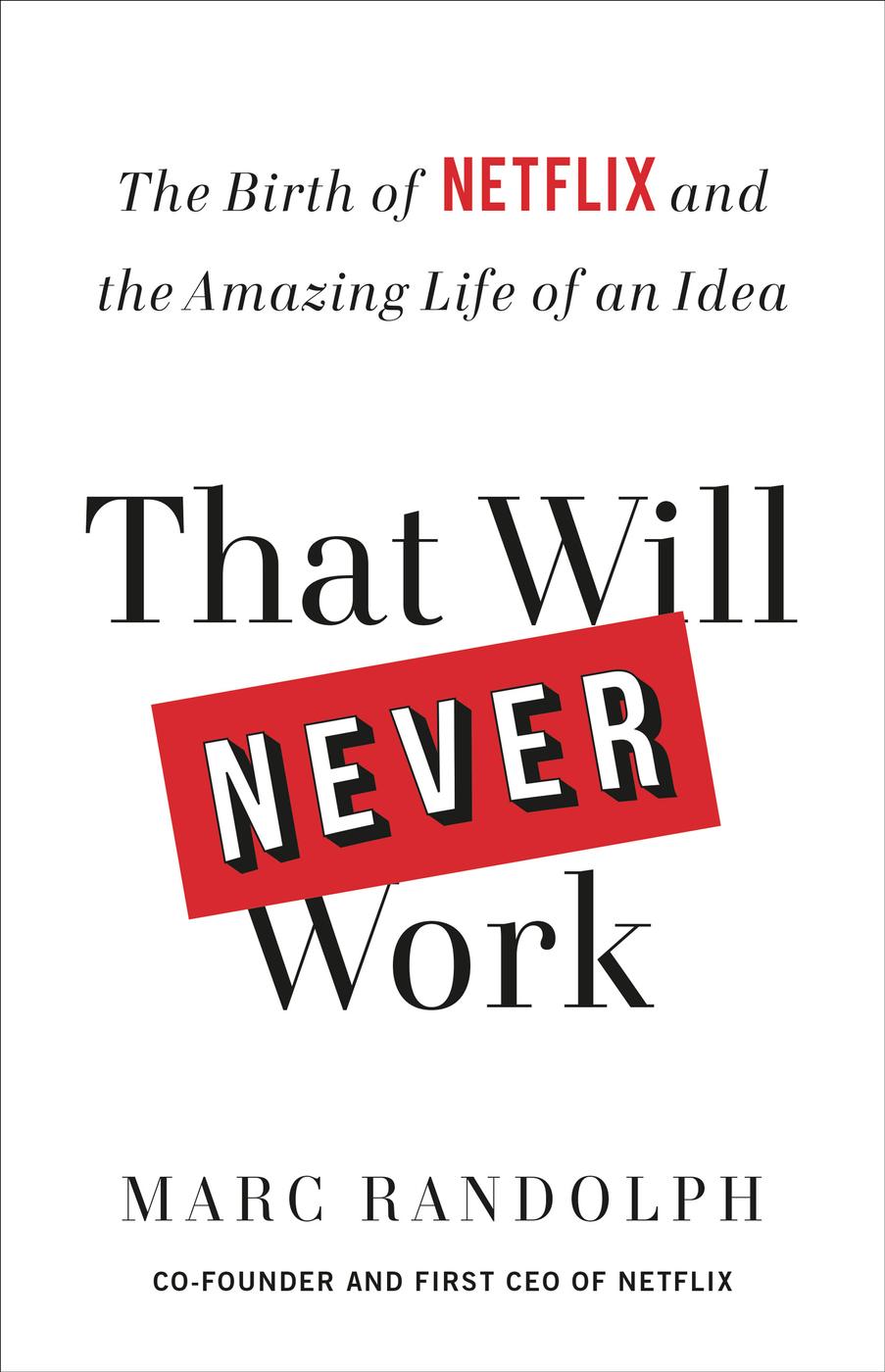This book is a memoir, not a documentary. Its based on my recollection of events that happened twenty years ago, so most of the conversations in this story have been reconstructed. What mattered to me, as I wrote, was rendering the personalities of Netflixs founding team as vividly and as accurately as possible. I wanted to show them as they were, to capture the mood of the time. Most importantly, I wanted to illustrate what we at Netflix were up againstand what it felt like to somehow, despite all the odds against us, succeed.
(January 1997: fifteen months before launch)
IM LATE, AS USUAL. Its only a three-minute drive to the parking lot where I meet Reed Hastings to carpool to work, but when your son throws up on you at breakfast, and you cant find your keys, and its raining, and you realize at the last minute that you dont have enough gas in your car to get you over the Santa Cruz Mountains into Sunnyvalegood luck with making a 7:00 a.m. meet-up time.
Reed runs a company called Pure Atria that makes software development toolsand that recently acquired a startup I helped found, Integrity QA. After Reed bought our company, he kept me on as his VP of corporate marketing. We take turns driving.
We usually get to the office on time, but the way we get there changes, depending on whos driving. When its Reeds turn, we leave on time, in an immaculate Toyota Avalon. We drive the speed limit. Sometimes theres a driver, a kid from Stanford who has been instructed to navigate the twisting, mountainous turns of Highway 17 with care and precision. Drive like theres a full cup of coffee on the dashboard, Ive heard Reed tell him. And the poor kid does.
Me? I drive a beat-up Volvo with two car seats in the back. A kind description of my driving would be impatient. But maybe aggressive is more accurate. I take turns fast. And when I get excited about something, I go even faster.
On this day, its my turn to drive. As I pull into the parking lot, Reeds already waiting, huddled beneath an umbrella, leaning on his car. He looks annoyed.
Youre late, he says, shaking off his umbrella as he slips into my car, picking a crumpled Diet Coke can and two packages of diapers off the front seat and tossing them into the back. Traffics going to be terrible with all the rain.
It is. Theres a wreck at Laurel Curve, a stalled semi at the Summit. And then the usual Silicon Valley traffic, coders and executives in long lines on the highway, like ants returning to an anthill.
Okay, I say. But Ive got a new one. Customized baseball bats. Totally personalized and unique. Users fill out their information online, then we use a computer-controlled milling machine to craft a bat to their exact specs: length, handle thickness, size of the barrel. All one-of-a-kind. Or not. If you want an exact re-creation of Hank Aarons bat, we could do that, too.
Reeds face goes blank. Its an expression I know well. To an outside observer, it would look like hes just staring out the dirty windshield at the redwoods whizzing by, or the Subaru going a little too slowly in front of us. But I know whats behind that look: a rapid-fire evaluation of pros and cons, a high-speed cost-benefit analysis, a near-instantaneous predictive model about possible risks and scalability.
Five seconds go by, then ten, then fifteen. After about thirty seconds he turns to me and says, That will never work.
Weve been doing this for a few weeks. Reed has been working overtime finalizing a huge merger that will put us both out of a job, and once the dust settles from that, Im planning to start my own company. Every day in the car, I pitch ideas to Reed. Im trying to convince him to come on board as an advisor or investor, and I can tell hes intrigued. Hes not shy about giving me feedback. He knows a good thing when he sees it. He also knows a bad thing when he hears it.
And my morning-drive ideas? Theyre mostly bad ideas.
Reed swats this one away just like he did the others. Its impractical. Its unoriginal. It will never work.
Also, baseballs popularity is waning with younger people, he says, as we roll to a stop behind a sand truck. The sand is on its way to San Jose, where it will eventually be turned into concrete for roads and buildings in booming Silicon Valley. Dont want to be tied to a declining user base from the start.
Youre wrong, I say, and I tell him why. Ive done my research, too. I know the numbers for sporting goods sales. Ive looked into baseball bat productionhow much the raw materials cost, how expensive it is to buy and operate the milling machine. And, okay, I might have a personal connection to this idea: my oldest son just finished his rookie Little League season.
For every one of my points, Reed has an answer. Hes analytical, rational, and doesnt waste time with niceties. I dont, either. Our voices are raised, but were not angry. Its an argument, but its a productive one. Each of us understands the other. Each of us knows that the other is going to offer stiff, uncompromising resistance.
Your attachment to this idea isnt strictly rational, he says, and I almost laugh. Behind his back, Ive heard people compare Reed to Spock. I dont think they mean it as a compliment, but they should. In Star Trek, Spock is almost always right. And Reed is, too. If he thinks something wont work, it probably wont.
The first time I met Reed, we were taking a cross-country plane trip from San Francisco to Boston. Reed had just acquired my company, but wed never spent any meaningful time alone together. Id been sitting at the gate, waiting to board, reading through a binder of materials on memory leak detectors and software version management, when someone tapped my shoulder. It was Reed. Where are you sitting? hed asked, frowning at my paper ticket.
When I told him, he took my ticket, marched to the counter, and upgraded me to first class.



